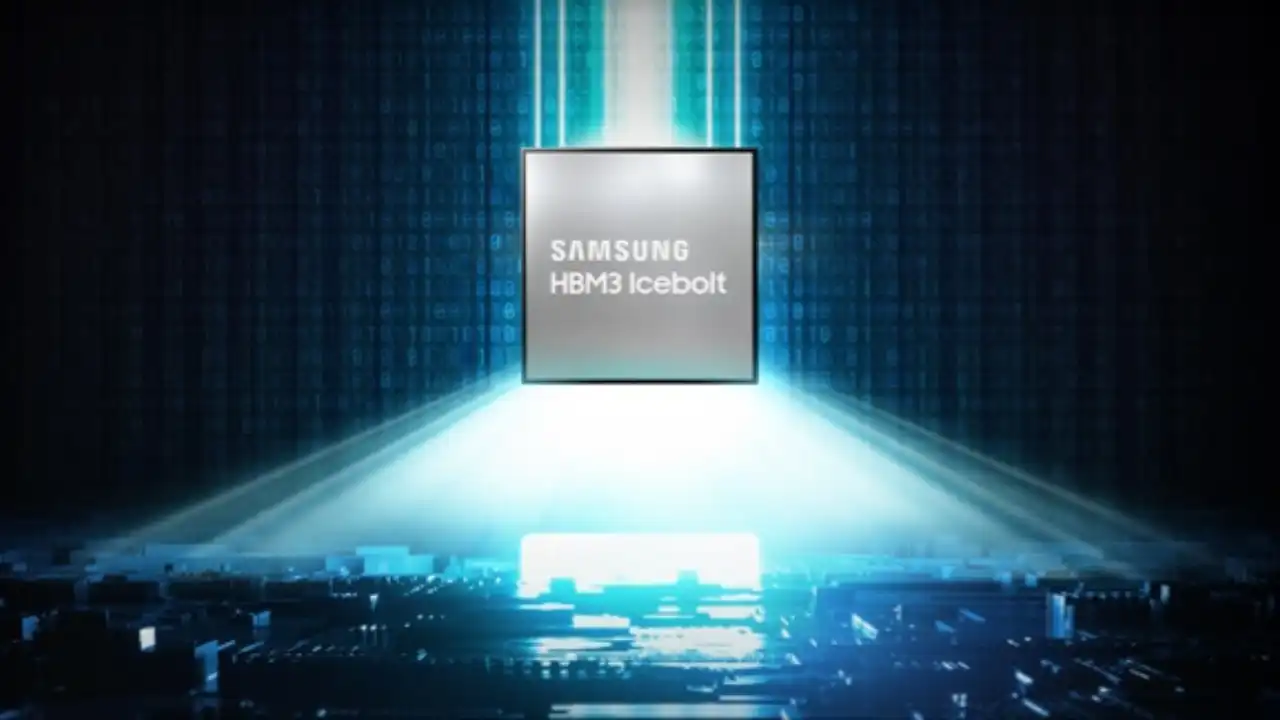Samsung Electronics’ fourth-generation high bandwidth memory or HBM3 chips, have been approved by Nvidia for use in its processors for the first time, three people familiar with the matter said. This is the first time Nvidia has authorized Samsung’s high-bandwidth memory3 chip. But the chips will first be produced to be incorporated into a less sophisticated Nvidia graphics processing unit, the H20, which is already to be sold in China due to strict compliance with the set export control measures, three sources familiar with the deal told Reuters.
Nevertheless, this approval seems to be somewhat qualified, stated Reuters. The sources added that Samsung’s HBM3 chips will only be incorporated in a less advanced Nvidia GPU known as the H20, which was designed for the Chinese market to conform to US export restrictions.
What are HBM chipsets?
HBM specifically is a kind of DRAM that was first manufactured in 2013; its chips are arranged in a vertical manner to minimize the size and power use. It is a part of GPUs for artificial intelligence aiding in the processing of data from other complicated applications.
Samsung HBM3 chips get Nvidia approval
Samsung HBM3 chips requirement is high and Nvidia’s latest approval perfectly arrives at the time when demand for advanced GPUs is high due to the generative AI market that Nvidia and other AI chipset providers are finding hard to meet.
Until now, Samsung has been sending its DRAM ‘HBM3’ and ‘HBM3E’ to NVIDIA to check if it can survive the AI processors. Despite this, in May 2024, there was a report that Samsung’s DRAM had burnt out due to heat and power problems that were brought by the M1 chip. Samsung then dismissed the reports stating that, ‘The assertion that our products are limping because of heat or power consumption is misleading.
While the USA is looking at possible measures that will ban the export of chip-making machinery to China to slow technological advancement in the country’s artificial intelligence, Nvidia company is said to be developing a new model of its newest AI chips that meets the existing rules.
